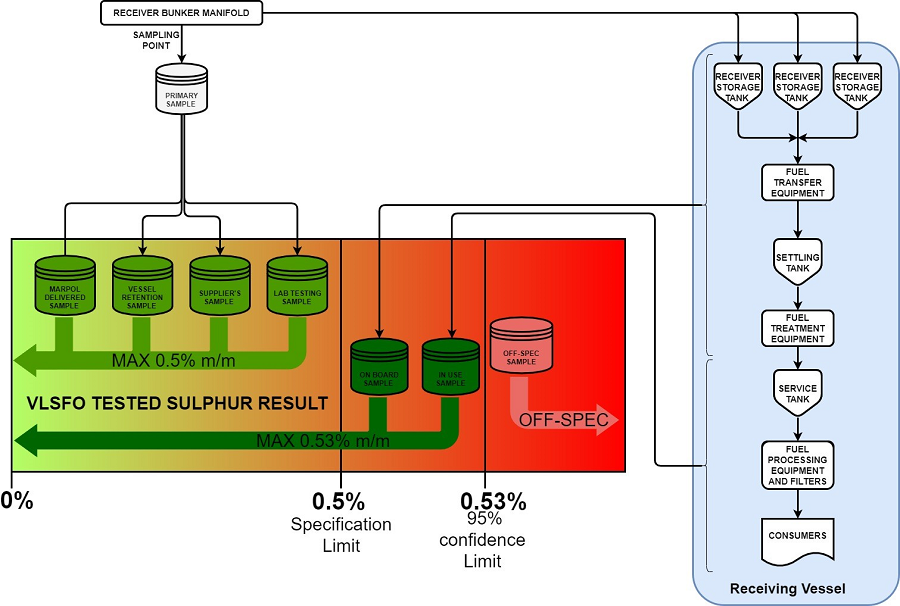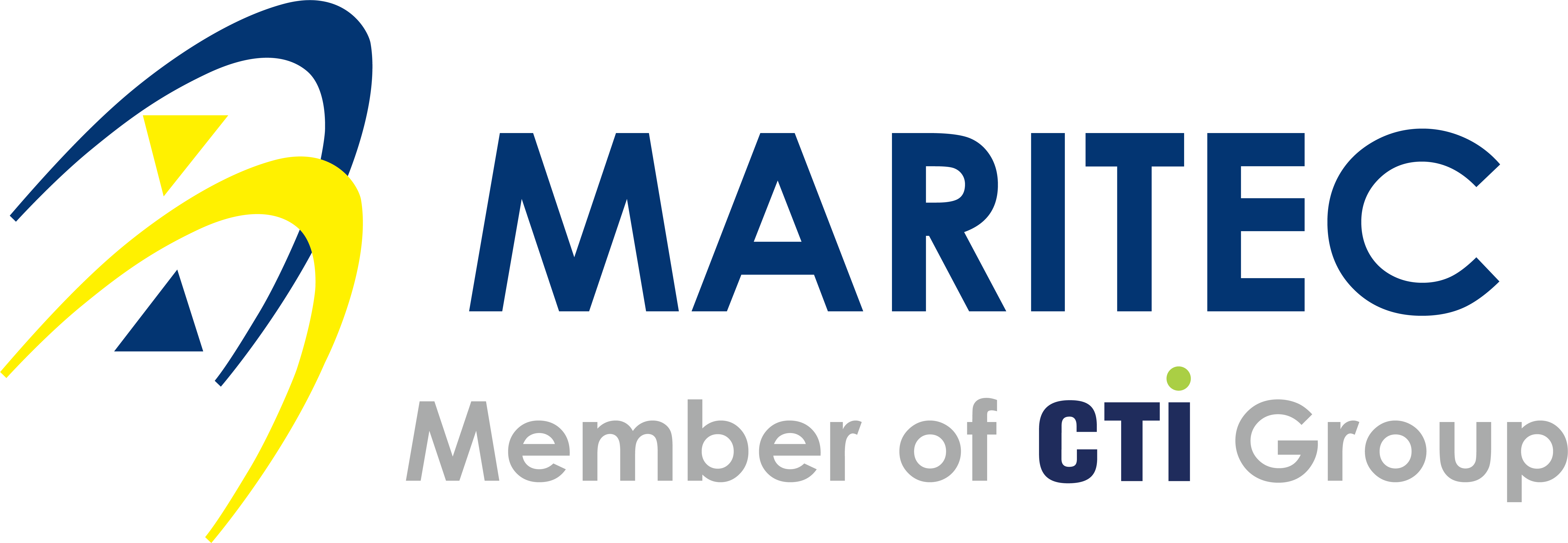MARITEC ADVISES SHIPOWNERS ON HOW TO BE IMO2020 COMPLIANT AMID HIGH SULPHUR WARNING
Singapore-based independent test and research facility Maritec is advising shipowners on how best to meet IMO 2020 fuel testing requirements following reports of excessive sulphur in some very low sulphur fuel oils.
In a Technical Bulletin issued to customers in December, Maritec reports several cases where tested VLSFO manifold samples have recorded a sulphur content of between 0.51 to 0.53%m/m, exceeding the mandatory allowable 0.50%m/m.
The testing company says this accounts for about 1.23% of VLSFO tested to date.
According to Maritec, since the implementation of IMO 2020, there is “confusion and frustration” as to whether the ISO 4259 upper limit of 0.53%mm still applies or not.
Maritec VP Business Development John Ren Di, said: “Given that there will be variability between test results, even from identical samples tested in the same lab, it raises the question: when does an individual test result indicate that the tested VLSFO fuel is compliant?
“IMO has adopted a 95% confidence testing boundary which is given by ISO 4259 as 0.59 times the reproducibility value R (expressed as 0.59R). However, this applies only to in-use and onboard samples and not the sample taken at the manifold.”
In highlighting the challenges and inconsistencies in determining the sampling location of onboard and in-use samples, Maritec reminds ship operators that in-use sampling points need to be fitted to existing ships built before 01 April 2022 no later than the first IAPP renewal survey after 01 April 2023. For new ships they need to be designated on delivery.
The company emphasizes that in-use and onboard samples cannot exceed the maximum limit of 0.53% m/m. If sulphur content is found to exceed 0.53%m/m, then the source of contamination must be detailed, and evidence provided indicating that all possible steps were taken to ensure compliance.
“It would be prudent for vessel staff to witness and document sampling and sealing by Port State Control Inspectors,” said Ren Di. “Ideally, they should take representative samples of their own and countersealed by the sampling inspector for independent verification in case of dispute.”
Maritec recommends that, in addition to routine full analysis on new bunker samples, crew also take onboard and in-use samples. Maritec provides the sulphur verification kit to all vessels in their testing programme.
“There is always a possibility of loading non-compliant fuel onboard. Mitigating this risk begins with sourcing and purchasing compliant fuel oil and reducing the risk of poor-quality fuel oil being delivered to the vessel,” said Ren Di.
“Knowing the appropriate limits at each stage of the process will help keep vessels compliant and operating in line with IMO’s objective to reduce air pollution and protect the environment.
Marpol Annex VI amendments for fuel oil sampling are expected to enter into force on 1 April 2022.


